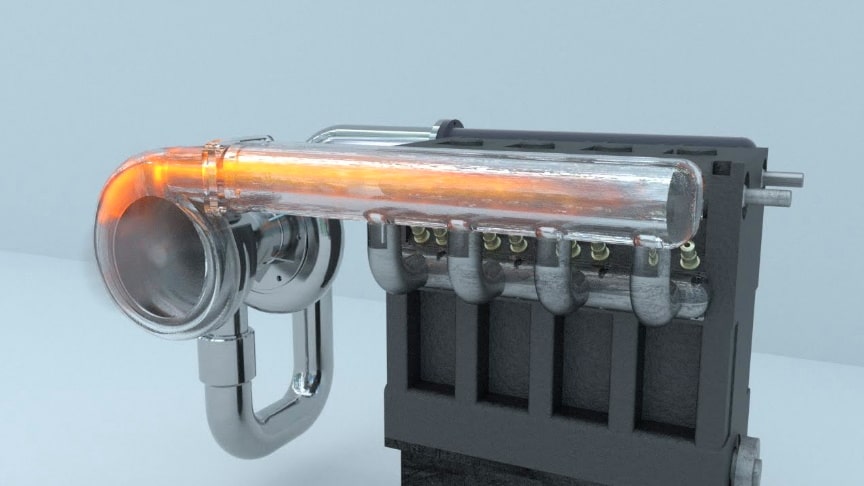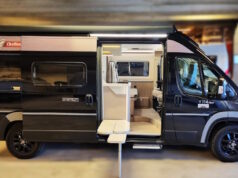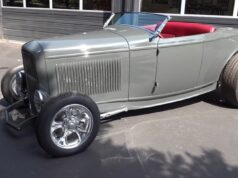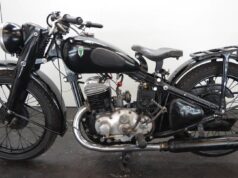A turbocharger, colloquially known as turbo, is a turbine-driven, forced induction device that increases an internal combustion engine’s power output by forcing extra compressed air into the combustion chamber.Turbocharged engine design. Working process of a turbocharged car engine. How a turbine and compressor works? Why is air cooling in an intercooler necessary?
source/image(PrtSc): Hydraulic and pneumatic systems
The objective of a turbocharger is to improve an engine’s volumetric efficiency by increasing the pressure of the intake gas (usually air) allowing more power per engine cycle.Watch the video from Hydraulic and pneumatic systems for more info:
The turbocharger’s compressor draws in ambient air and compresses it before it enters into the intake manifold at increased pressure. This results in a greater mass of air entering the cylinders on each intake stroke. The power needed to spin the centrifugal compressor is derived from the kinetic energy of the engine’s exhaust gases.
Advertisement
In petrol engine turbocharger applications, boost pressure is limited to keep the entire engine system, including the turbocharger, inside its thermal and mechanical design operating range. Over-boosting an engine frequently causes damage to the engine in a variety of ways including pre-ignition, overheating, and over-stressing the engine’s internal hardware.via: wikipedia











